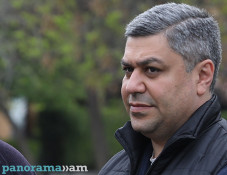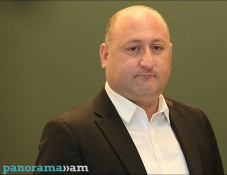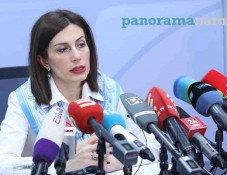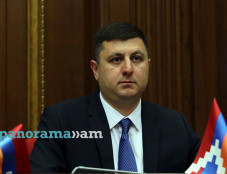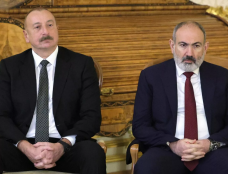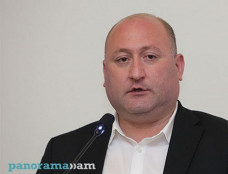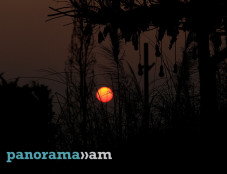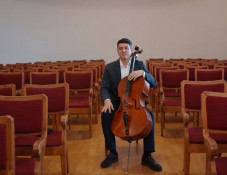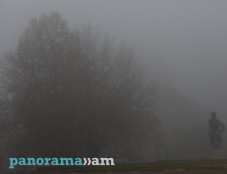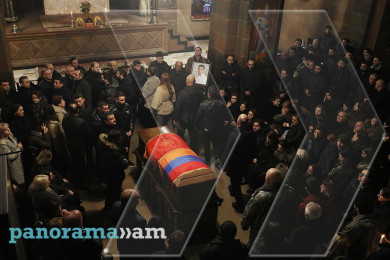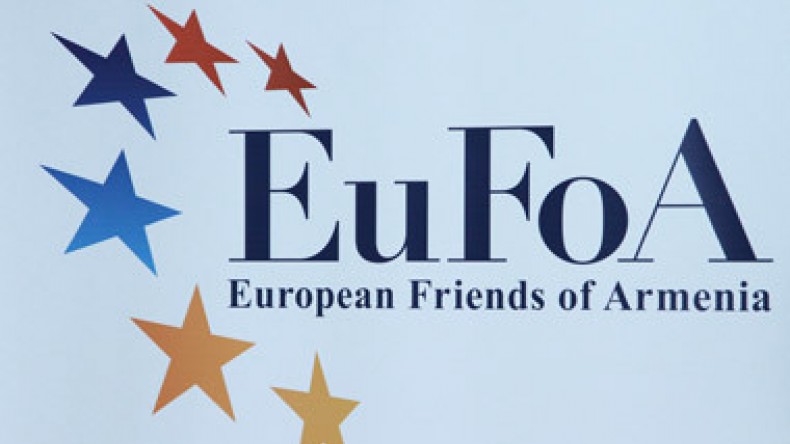
EuFoA: We commend Artsakh authorities
European Friends of Armenia (EuFoA) has released interim conclusion of the electoral observation mission of the Nagorno-Karabakh presidential elections.
“While the NK Republic is internationally not recognised, European Friends of Armenia strongly welcomes the wish of the de-facto authorities to organise local self-government based on democratic principles. This wish has been underlined by inviting a large number of international observers, including a group of eight set up by ourselves.
Our group was composed of three native speakers and five non-native speakers (in alphabetic order):
• Dr Ioannis Charalampidis (Journalist, Cypriot)
• Raffi Elliot (EuFoA staff, Canadian/Armenian)
• Poghos Geyikyan (Pediatric Surgeon, Armenian)
• Hovhannes Grigoryan (EuFoA director Armenian branch, Armenian)
• Olga Hetze (EuFoA staff, German)
• Dr Michael Kambeck (EuFoA Secretary General, German)
• Dr Eleni Theocharous (Member of the European Parliament, Cypriot)
• Dr Hans-Juergen Zahorka (Chief editor European Union Foreign Affairs Journal, ex-MEP and ex-MP, German)
We fully followed the official code of conduct of OSCE/ODIHR election observation missions,” says EuFoA.
The mission included 23 of the 245 polling stations, stretching from Hadrout in the south to Mardakert in the north, covering polling stations sizing from 1932 voters in Hadrout to 18 voters in the mountainous village of Mehmana.
“We strongly commend the local authorities for allowing us to move absolutely freely around Nagorno-Karabakh (including the scarcely populated buffer zone around) and to question anyone directly or indirectly connected to the elections. The efforts made to allow us and other observer teams to gain full insights and transparency were considerable and we call upon the international community to appreciate these efforts,” say mission representatives.
Positive observations in the polling stations observed:
• Proxies of at least two of the three candidates were present in all polling stations
• All proxies questioned reported no violations of the electoral code, at the time of asking
• In line with the electoral code, educational posters were visible in all polling stations
• Official CVs of the three running candidates, with photographs, were posted in all polling stations
• No political advertising was visible in the protected proximity of the polling stations
• Voter lists were posted transparently in all polling stations
• Voters were only permitted to vote in their designated polling station
• Information gathered about the vote counting revealed solid procedures
• Voting procedures in all polling stations made a solid and organised impression
• No reports of violence or tensions were received throughout the observation and the general atmosphere was friendly and relaxed
• Voters questioned at the polling stations reported no violations or intimidations
• Polling station staff and proxies fully cooperated with all observers and provided full transparency
• The Central Election Commission fully cooperated with all observers and provided full transparency
• Voter turnout was visibly above average compared to European elections
Negative observations in the polling stations observed:
• Ballot boxes were marked and sealed with inconsistent means. In more than half of the polling stations, at least some ballot boxes were sealed insufficiently.
• One of the candidates complained about the use of state resources by the incumbent
• In one polling station, three proxies of one candidate were present simultaneously, in one other polling station two proxies of the same candidate were present
• In 20% of the polling stations, more than 8 persons not related to the voting administration were counted inside the polling stations. However, none of the proxies or voters connected this to any form of code violation.
• In 20% of the polling stations, persons not officially linked to the voting procedure were standing outside in the proximity of the polling station. However, none of the proxies or voters connected this to any form of code violation.
• Across Nagorno-Karabakh, comparatively few billboard posters of any candidate were noticeable. The main form of visible campaign advertising consisted of A4 sized posters in shops and public places.
• Access to polling stations for people with impairments was often not facilitated and voting by correspondence was not possible.
Newsfeed
Videos





